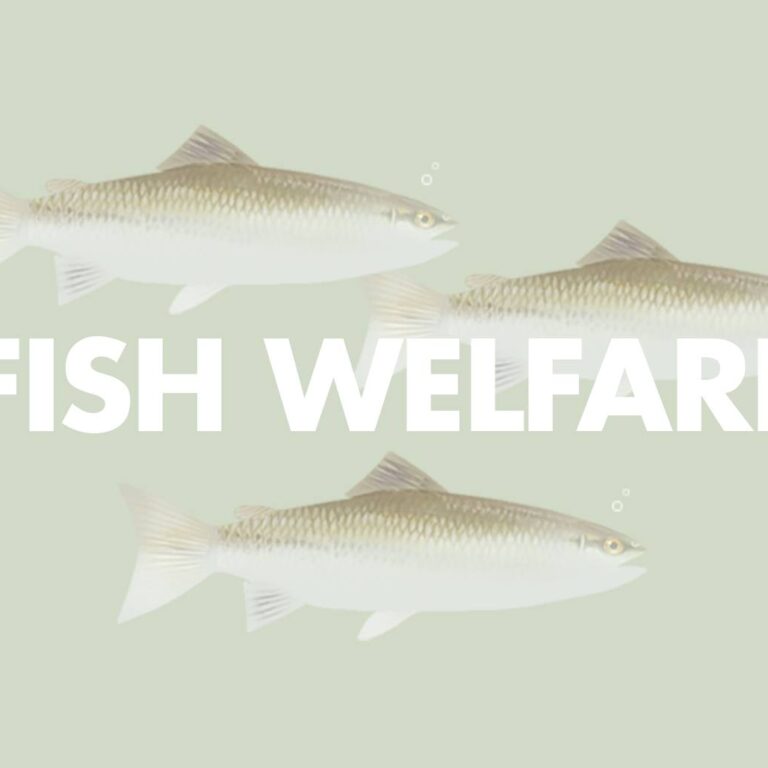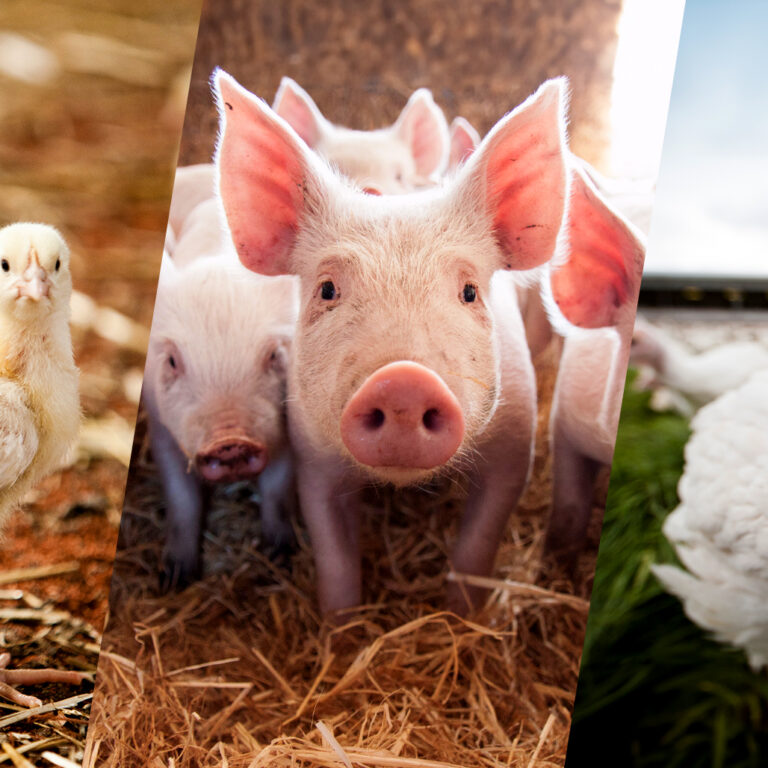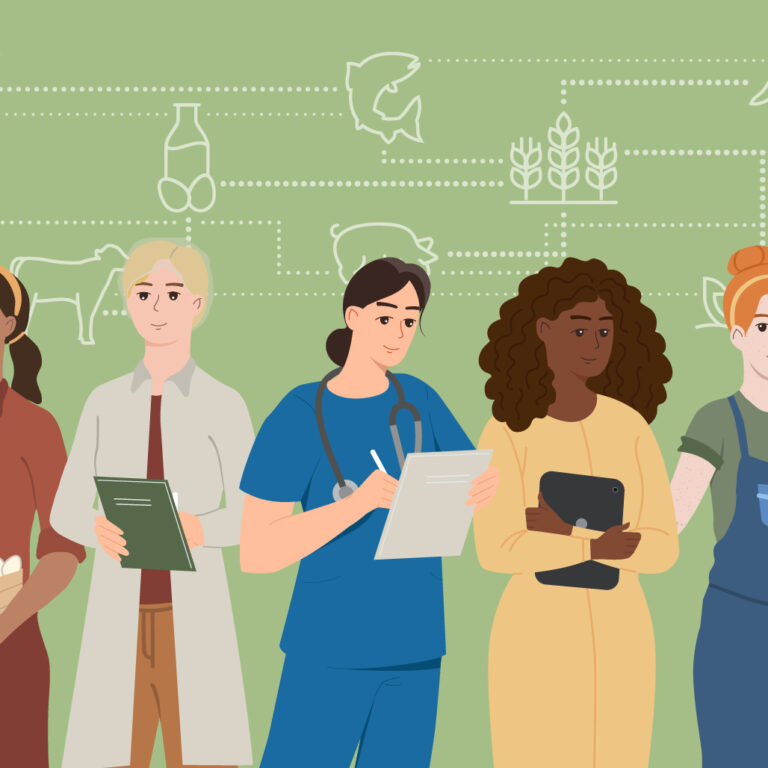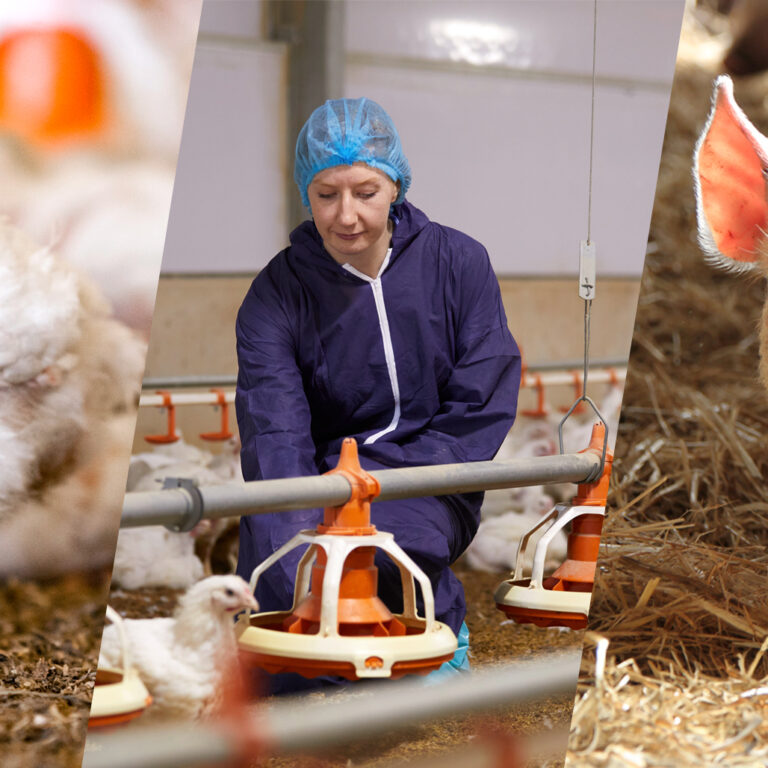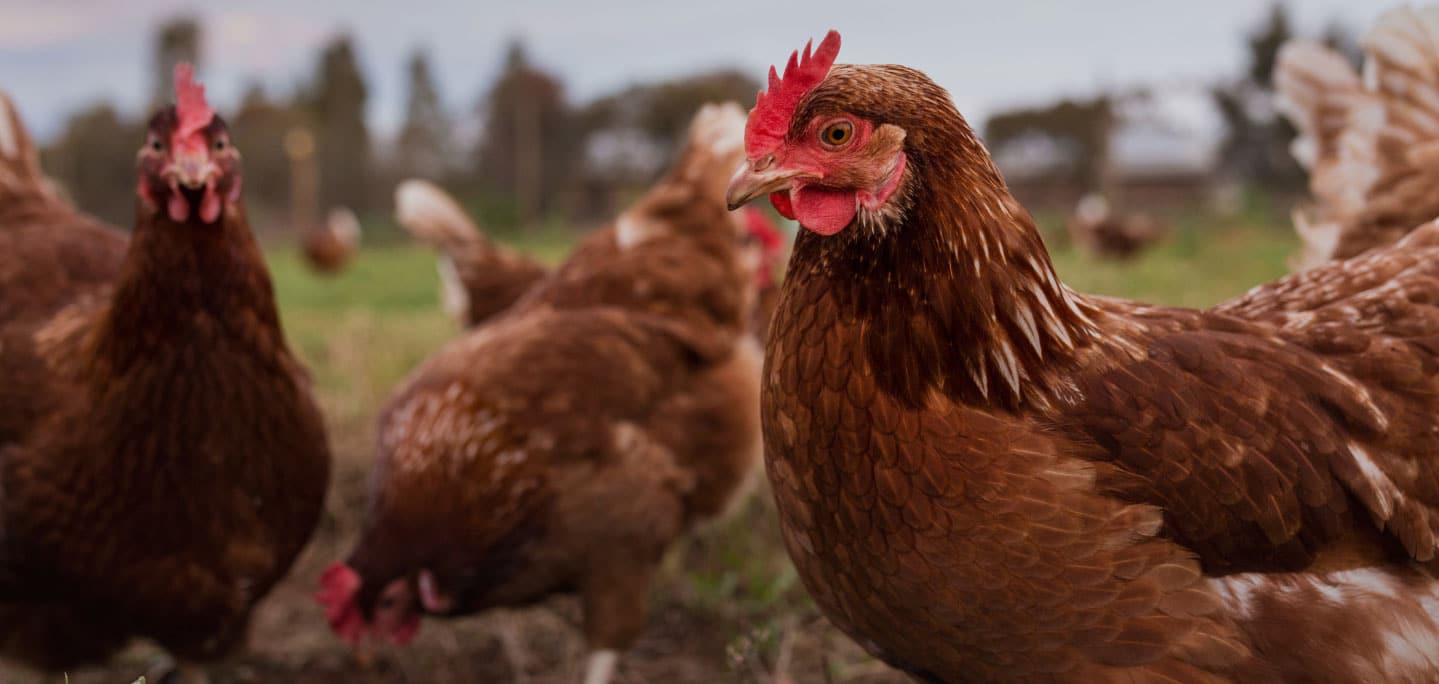When we talk about higher welfare farming, the animals that first come to mind are generally pigs and chickens. We know that these creatures are clever and social, and deserve to have a good life. But farming doesn’t only take place on land, in fact higher welfare farming doesn’t just span across barns and fields, it also reaches the oceans.
With seafood one of the most consumed meats in Australia, behind poultry, beef and pork, it’s important that our fish farming practices are welfare-focused too.
Scientific research shows that fish are capable of feeling. This means we have an ethical responsibility to avoid farming practices that might cause them pain, suffering or distress.
The RSPCA and fish farming in Australia
The RSPCA first began learning more about animal welfare in fish farming (aquaculture) many years ago and in 2013 started paying special attention to Tasmania’s farmed Atlantic salmon industry, which produces around 10 million fish each year. The RSPCA Approved Farming Scheme now has detailed animal welfare standards for farmed Atlantic salmon that focus on meeting the needs of these fish.
Like all animals, fish need to be given the space and opportunity to express their instinctive behaviours. For fish to be comfortable, they need a good amount of oxygen in the water, have the ability to swim effortlessly and swim together in groups (or schools as they are called). Fish also need to remain free of deformity and disease.
Swimming in good water
Managing water quality and water flow is a major part of maintaining fish welfare. This determines how much oxygen is available to the fish. And while it’s fairly straightforward to monitor and regulate factors like oxygen, water temperature, pH and salinity in freshwater tanks on land, things get a little more complicated for fish that inhabit marine pens in the ocean (which salmon do for 2 years of their 3-year lifespan). With things like water temperature, algal blooms and disease risk a little more unpredictable at sea, farmers have to be strategic about everything from feeding and stocking density to net cleaning and placement of the marine pens.
Handle with care
The way farmers handle their fish is also important – it’s vital that it doesn’t stress the fish out. Good handling will reduce injuries and mortalities, as well as improve meat quality. During their lives, farmed fish will be handled a number of times either individually or as a group, including for vaccination, which means it’s vital that people are trained and competent in low-stress handling.
We hope that you have found this blog interesting and would love to hear your thoughts. By developing animal welfare standards for one of Australia’s fastest growing aquaculture industries, the RSPCA hopes to help customers in their efforts to choose humanely raised salmon.

